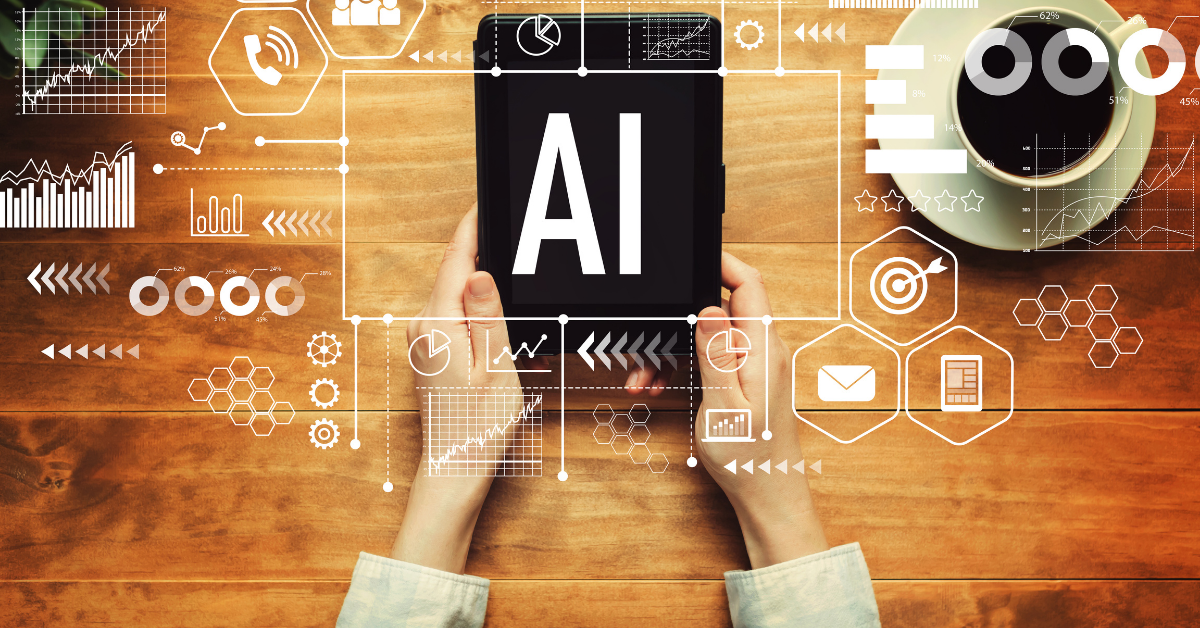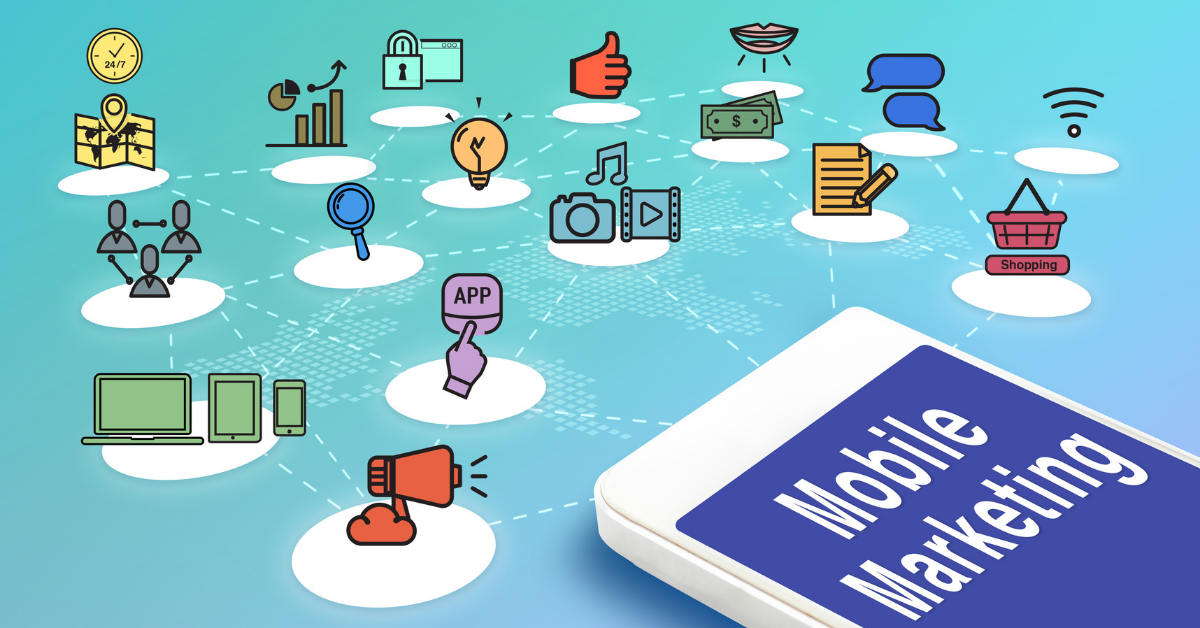Can a machine think? Can they do digital marketing? These are the common questions marketers are facing. Modern technology makes it possible for artificial intelligence to automate everything. Artificial intelligence (AI) is imitating human intelligence over machines. Machines are programmed to mimic their actions to aid in the execution of tasks and problem-solving. There are two kinds of AI – weak and strong. A weak AI is very simple and only performs a single task. A strong AI performs complex and many tasks. They are very human-like. A subset of AI is machine learning. It means the capacity of computer programs to absorb a huge amount of information. From these data, they can adapt and learn without human intervention.
A social media agency Hong Kong says that artificial intelligence boosts the fourth industrial revolution, which seems true. Today, effective social media rely on audience insights and machine algorithms. Search results in search engines like Google, Bing, and Yahoo were ranked by machine learning. Even 24/7 customer service on eCommerce websites and messaging apps are powered by chatbots. Indeed, artificial intelligence greatly helps digital marketing. Here are 6 ways on how it does so.
Boost Awareness and Conversion
Modern people commonly search for products and services online. For products to be discovered, marketers should use the proper search engine optimization (SEO). They can do this by using relevant keywords commonly typed by an online searcher on the search box. The keywords should be about the brand or product, plus its features and benefits.
Through artificial intelligence, search engines like Google, Bing, and Yahoo determine organic search results when a user types a query. Search engines’ AI rank them through the keywords, quality of the content, quality of a site, and location of the searcher. For example, a Chicago searcher typing “top restaurants” will see the most popular restaurant within the city and in Illinois. A searcher in Los Angeles typing the same keyword will see the most popular restaurant within the city and in California.
A digital marketing speaker Hong Kong reports that 70% of high-performing marketing teams have a fully designed AI strategy. They use machine learning as a competitive advantage. These teams have a growth mindset and invest in training to enhance their knowledge about AI. As such, they have greater knowledge of marketing analytics.
Drive Better Customer Service Experience
The behavior of modern consumers has greatly evolved. They shop online anytime, anywhere. They demand immediate results. When they have a question, they want answers fast. When they are prepared to buy a product, they will do it even in the middle of the night. AI has made it possible for brands to connect with their customers 24/7. Through chatbots, they can seamlessly handle all customer concerns anytime, anywhere.
A chatbot is a software application that simulates a human conversation. As an AI, it is one of the most advanced and promising ways to mimic human interaction. Chatbots are integrated on messaging platforms, mobile apps, social media accounts, and websites. They are used to handle customer queries, sales, and other service concerns. They can also be used to conduct a survey or trigger a sale via promotions in messaging and mobile apps. Today, 80% of businesses are using chatbots. There are also around 300,000 chatbots in Facebook Messenger.
Enhance Content Customization
A video marketing agency Hong Kong noted that artificial intelligence has greatly improved video marketing. This is by helping them customize their video strategies through the insights they have collected from video viewers. AI collects data on videos that a viewer commonly and previously watched. These include the duration and engagement of a specific video which can be a beneficial guide. Each viewer has unique preferences. But with AI, marketers can see what videos stand out most and what elements they have in common.
The same scenario goes for social media marketing. Most social media platforms house a library of collected user insights. These insights can guide marketers in finding the ideal persona of their target customers. Based on AI demographics, they can easily segment their target group. Based on AI analytics, they can very well create custom content that appeals to these groups. Let’s take Starbucks as an example. Such a global coffee chain has created a real-time personalization engine that integrates customer data and preferences using their mobile apps. From these pieces of information, they have conceptualized the reusable cups promotion in the UK in 2018. The promotion resulted in a 150% increase in customer engagement and a 3x increase in incremental revenues.
Help Better Predict the Buying Pattern
Marketers harness the power of AI to study the online behaviors of consumers. As AI collected data such as browsing patterns, searches, and website views, marketers better understand their interests, needs, and preferences. These help them segment their audience better and easier. AI also makes it easier for brands to predict the buying pattern among consumers. These greatly improved the accuracy of demand forecasting and demand sensing. As proof, AI saved the retail industry a $50 billion obsolete inventory for the year 2018.
Improve Social Media Marketing Performance
As mentioned, social media platforms house a library of algorithms, analytics, and insights from machine learning. These libraries of information provide actionable tips on how to achieve specific social media goals. The goals may include brand awareness, conversion, customer retention, discovery, engagement, or uplifting a brand reputation. Around 77% of marketers have intelligently automated their goal setting and marketing tasks among social media networks. Likewise, 41% say that AI and machine learning have improved their social media marketing performances.
Optimize Media Mix Strategies
A media mix strategy is a process of determining how much budget can be allocated in different marketing channels and platforms. This is to get the highest return of investment (ROI) for every ad spend. The big data collected by AI on the Internet provides insights on which ads performed best and which channel have they earned the most revenue. Using AI, marketers can make better decisions on media mix strategies. AI has always been on track to solving marketing and sales problems ever since they emerge. As an example, Disney has been using AI to fine-tune their media mix strategy. Via the Tableau software, the company aggregated data from partner organizations to create new media mix models for budget optimization. From such aggregated data, Disney came up with the idea of marathon weekends. This campaign doesn’t only result in a higher ROI but at the same time revived Disney’s reputation as the happiest place on earth.

